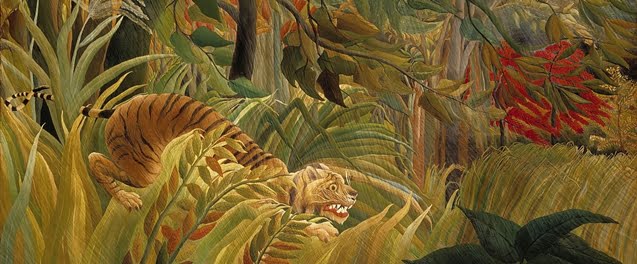
Poetry – A Different Kind of Therapy
You’re experiencing a bad patch – stress levels high, sleep levels low. You wake every day feeling like roadkill. The world’s in a mess, the economy is dire (or at any rate, your economy is dire) – no wonder you feel flattened and empty. In such a state you need some positives – motivation, enthusiasm, inspiration, passion. You need a bit of zing back in your life..
I found my passion and my recovery in poetry, like many others have since the time when Homer first wrote of ‘rosy-fingered dawn lighting the wine-dark sea’.
At my lowest ebb, I got a boost from this:
Out of the night that covers me,
Black as the pit from pole to pole,
I thank whatever gods may be,
For my unconquerable soul…. (Invictus by W E Henley)
And I was inspired for self-knowledge after reading this:
In me the tiger sniffs the rose.
Look in my heart kind friends and tremble,
Since there your elements assemble. (Siegfried Sassoon)
My passion gave me back my life and it gave me inspiration. Quite often it was the only thing that got me out of bed in the morning. Poetry puts passion into language and gives words a new interpretation. I love how a poem changes the way we see a familiar event, such as Christmas,1924, by Thomas Hardy:
‘Peace upon earth!’ was said. We sing it,
And pay a million priests to bring it.
After two thousand years of mass
We’ve got as far as poison-gas.
Or the way that poetry draws pictures there aren’t really pictures that we can see:
The trees are coming into leaf
Like something almost being said… (Philip Larkin)
But most of all I absolutely love the way that poetry makes us feel inside. The Pandora’s box of world poetry delivers the whole range of human emotions, from AE Houseman’s aching nostalgia:
That is the land of lost content,
I see it shining plain.
The happy highways where I went
And cannot come again.
To the unbearable pathos at the ending of Anthem for Doomed Youth by World War I poet Wilfred Owen:
…what candles may be held to speed them all?
Not in the hands of boys, but in their eyes
Shall shine the holy glimmers of goodbyes.
The pallor of girls’ brows shall be their pall;
Their flowers the tenderness of silent minds,
And each slow dusk a drawing down of blinds.
To EE Cumming’s joyously lyrical verses of love:
I carry your heart with me (I carry it in my heart)
I am never without it (anywhere
I go you go,my dear; and whatever is done by only me is your doing,my darling)
I fear no fate (for you are my fate,my sweet)
I want no world (for beautiful you are my world,my true)
and it’s you are whatever a moon has always meant
and whatever a sun will always sing is you
here is the deepest secret nobody knows
(here is the root of the root and the bud of the bud and the sky of the sky of a tree called life; which grows
higher than the soul can hope or mind can hide)
and this is the wonder that’s keeping the stars apart
I carry your heart (I carry it in my heart).
To the quiet contentment of Raymond Carver’s dying thoughts:
And did you get what
You wanted from this life, even so?
I did.
And what did you want?
To call myself beloved,to feel myself beloved,
On the earth.
Poetry gives inspiration, understanding and insight. It gives hope and comfort too, in fact it seems to give all that is expressed so well in the so called ‘Prayer of St Francis’:
Therapy in the context of mental health, deals with feelings, and like poetry, comes in many forms. Sometimes therapy is thought of as some kind of confrontational dialogue that can make or break the recipient, but it certainly doesn’t need to be like that and in my view, should never be. Poetry when used as a therapeutic tool is far more gentle but can be just as powerful. The process of therapy has been likened to two people searching in the dark for the truth but one of them, the therapist, has a candle to light the way. For me, as one who has been both a giver and a receiver of professional therapy in my time, that candle has been poetry.
Christopher Burn
December 2015
